Cold emailing is a powerful tool that can drive growth for startups, but it’s an art that requires finesse. By understanding the intricacies of cold email strategy, you’ll unlock the potential to reach new customers, forge valuable relationships, and even secure funding. In this blog post, we’ll walk you through a comprehensive guide to optimize your cold email outreach, ensuring that it generates the results your cold email startup needs to thrive.
Key Takeaways
- Cold emailing is a powerful tool for startups to generate leads, build relationships and secure funding.
- Crafting the perfect cold email strategy requires personalization techniques, subject line mastery and an appropriate balance of brevity and substance.
- Common mistakes include overlooking regulations, ignoring follow ups, and failing to test & optimize campaigns.
The Power of Cold Emailing for Startups
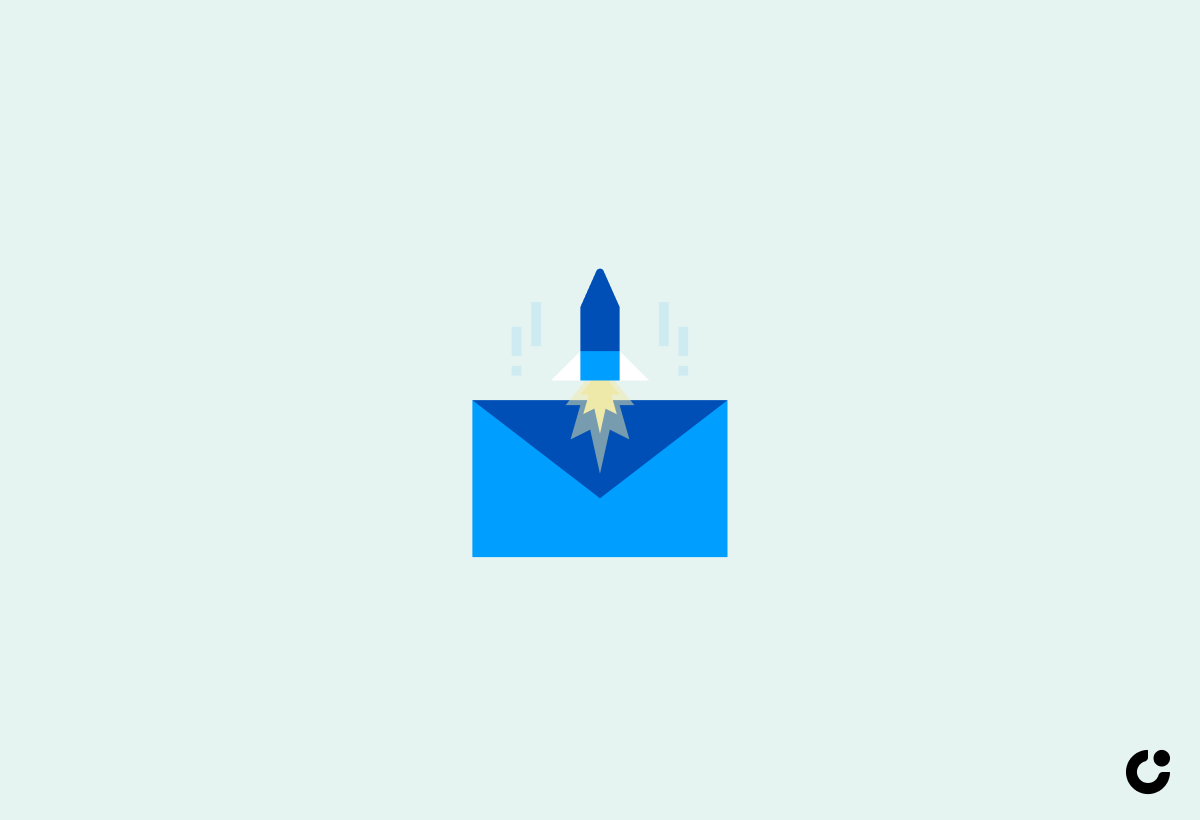
Cold emails can propel startups to new heights when done right. The secret to success lies in crafting personalized, relevant messages that resonate with your target audience. Harnessing the power of cold emailing enables startups to generate leads efficiently, build enduring relationships, and even secure funding from potential investors.
A well-executed cold outreach campaign can radically transform your startup’s trajectory.
Lead Generation

Cold emails can be a goldmine for generating leads. To effectively engage potential customers and convert them into hot leads, follow these steps:
- Personalize your message: Address the recipient by name and mention something specific about their business or industry.
- Validate your credentials: Highlight your expertise and experience to establish credibility.
- Address their pain points: Identify the challenges or problems they may be facing and explain how your product or service can help solve them.
- Focus on providing solutions: Clearly communicate the benefits and value your offering can bring to their business. Remember, the primary objective of cold emailing is to establish connections with potential customers, investors, collaborators, and the media.
Building Relationships

The power of cold emails extends beyond lead generation. Building relationships through cold emails can lead to partnerships, collaborations, and referrals. Fostering trust with recipients enables the conversion of prospects into hot leads and their eventual transformation into loyal customers.
Your cold email message should focus on providing value and building rapport, rather than being overly promotional. This approach will attract your first customers and help your startup grow.
Fundraising

Cold emails can be a catalyst for securing funding. Reaching out to potential investors with a persuasive pitch allows startups to secure vital financial support. Take Allie Janoch, who raised a $2.5M seed round through a cold email, or Dhruv Ghulati, who secured a $500,000 investment from Mark Cuban using the same approach. These success stories prove that cold emails can be an effective way to acquire funding for startups when executed correctly.
Crafting the Perfect Cold Email Strategy

A successful cold email strategy requires a calculated approach that combines defining your target audience, setting clear objectives, and measuring success. Understanding your target market’s beliefs, objectives, pain points, and reservations helps in crafting personalized and relevant emails that resonate with your recipients.
A deeper examination of these key elements ensures that your cold email strategy becomes a potent tool in your startup’s arsenal.
Defining Your Target Audience

Identifying your Ideal Customer Profile (ICP) is crucial for creating personalized and relevant cold emails that resonate with recipients. Understanding the characteristics of your ideal customers allows for the tailoring of emails, making them more effective and persuasive, thus increasing the likelihood of receiving a response and converting leads into customers.
Targeting the right audience not only maximizes the impact of your cold emails but also saves time and resources by focusing your efforts on those who are most likely to be a potential customer for your product or service, without coming across as too sales-y.
Setting Clear Objectives

Setting realistic goals for your cold email campaign is essential for success. Instead of trying to close the sale in the first email, your primary objective should be to initiate a conversation with the prospect. Focusing on initiating conversations rather than closing sales creates a more personal and immediate response from prospects, leading to better long-term results.
Establishing clear objectives will help you stay on track and ensure that your cold email efforts are aligned with your desired outcomes.
Measuring Success

Tracking open and response rates is vital for measuring the success of your cold email campaign. Monitoring these metrics helps in identifying trends, making data-driven decisions, and optimizing your strategy for improved results. The average response rate for cold email campaigns is typically between 1% and 8.5%, while a satisfactory open rate is around 30-50%.
By keeping a close eye on these metrics, you can continuously refine your approach and maximize the impact of your cold email efforts.
Writing Compelling Cold Emails

Mastering the art of writing cold emails requires focusing on three key elements: subject line mastery, personalization techniques, and balancing brevity with substance. Honing your expertise in these areas results in captivating cold emails that drive results.
A detailed exploration of these elements aids in crafting irresistible cold emails that get opened, read, and acted upon.
Subject Line Mastery
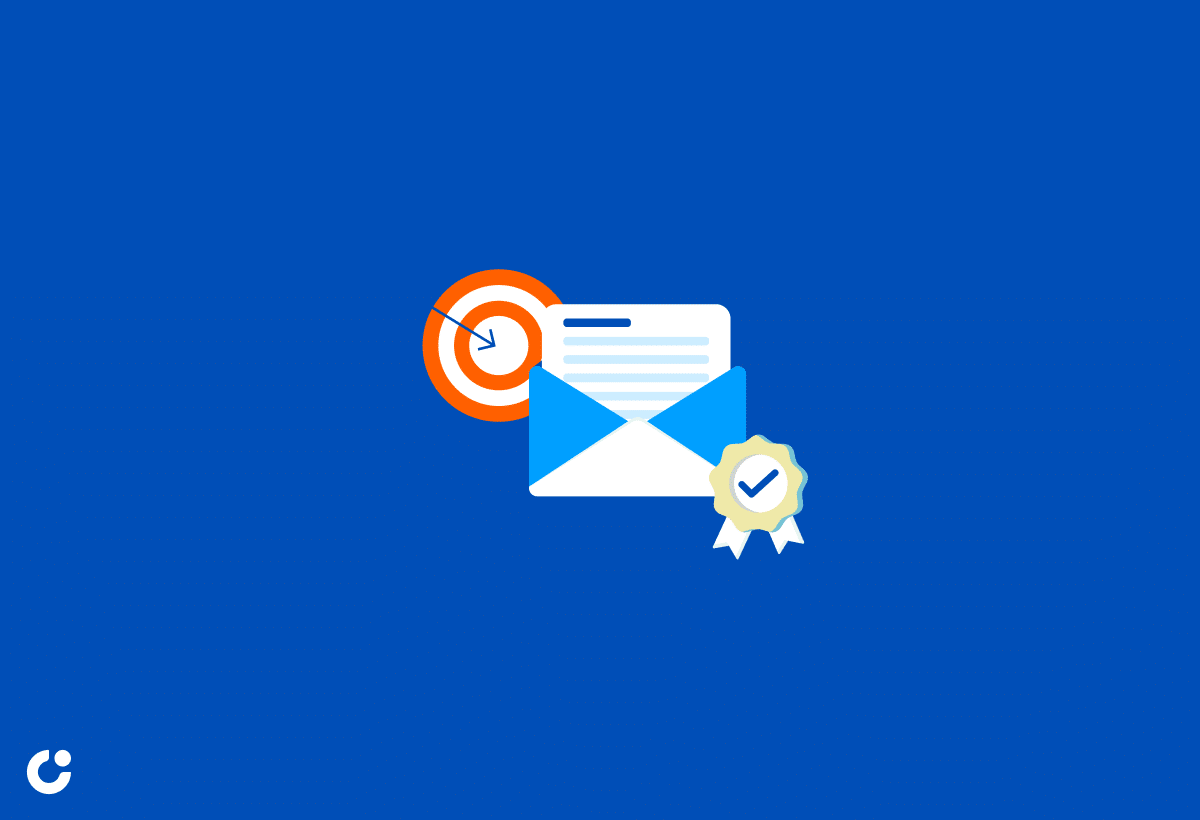
An effective subject line can make or break your cold email. To create a subject line that captures your recipient’s attention, consider using clear and concise language, avoiding click-bait headlines. You can also incorporate power words, such as “exclusive” or “game-changing,” to evoke emotion and garner interest.
The key is to strike a balance between being informative and crafting an intriguing subject line, ensuring that your subject line stands out in the crowded inbox and entices recipients to open your email.
Personalization Techniques
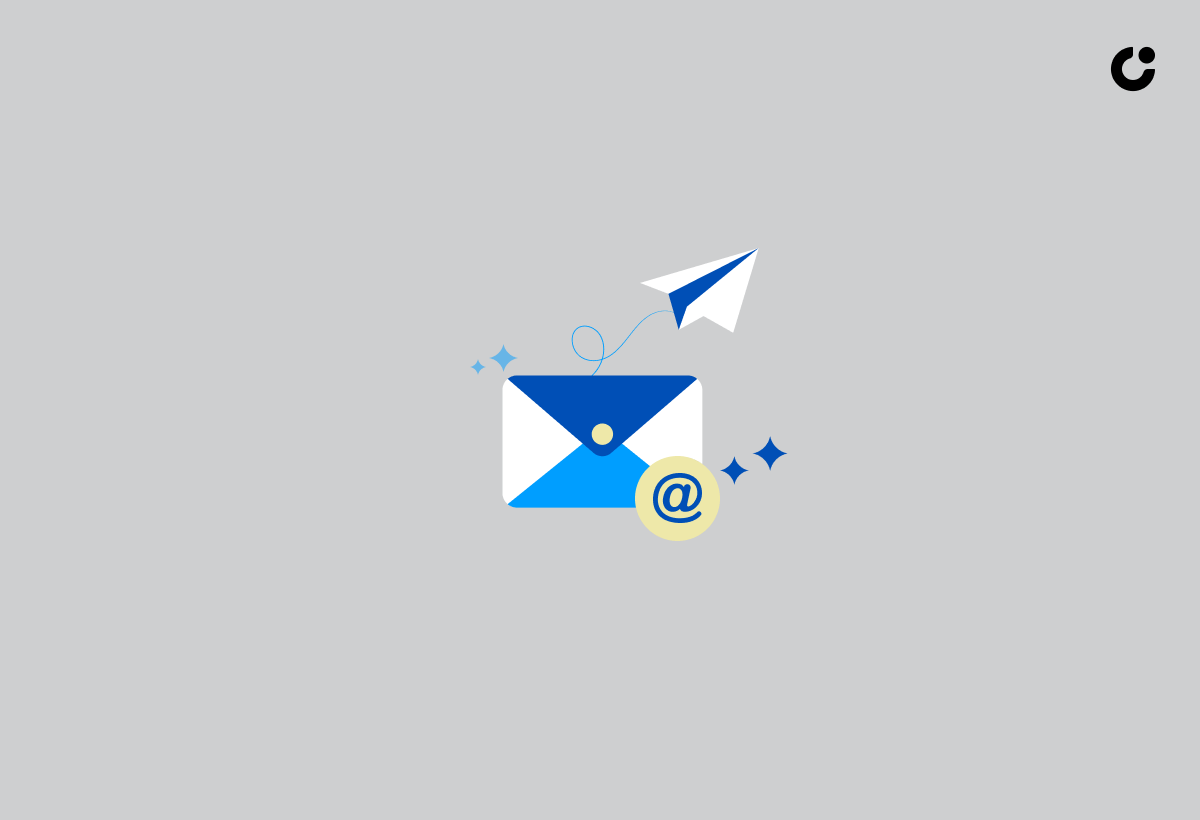
Personalization is a critical component of effective cold emails. Mentioning the recipient’s name, company, or interests makes your message more engaging and increases the likelihood of a response. Tailoring your message to the individual recipient shows that you’ve done your research and genuinely care about their needs, making your email more persuasive and impactful.
By implementing personalization techniques, you’ll create cold emails that resonate with your audience and foster meaningful connections.
Balancing Brevity and Substance

Keeping your cold emails short and focused on providing value is essential for maximizing their effectiveness. Aim for a length of 50 to 125 words, ensuring that every word counts and provides value to the recipient. Maintaining brevity and substance allows for succinct communication of your message and ensures it stands out amidst the sea of emails in your recipient’s inbox.
Remember, the goal is to pique their interest and encourage them to take action, not to overwhelm them with information.
Cold Email Templates for Different Purposes
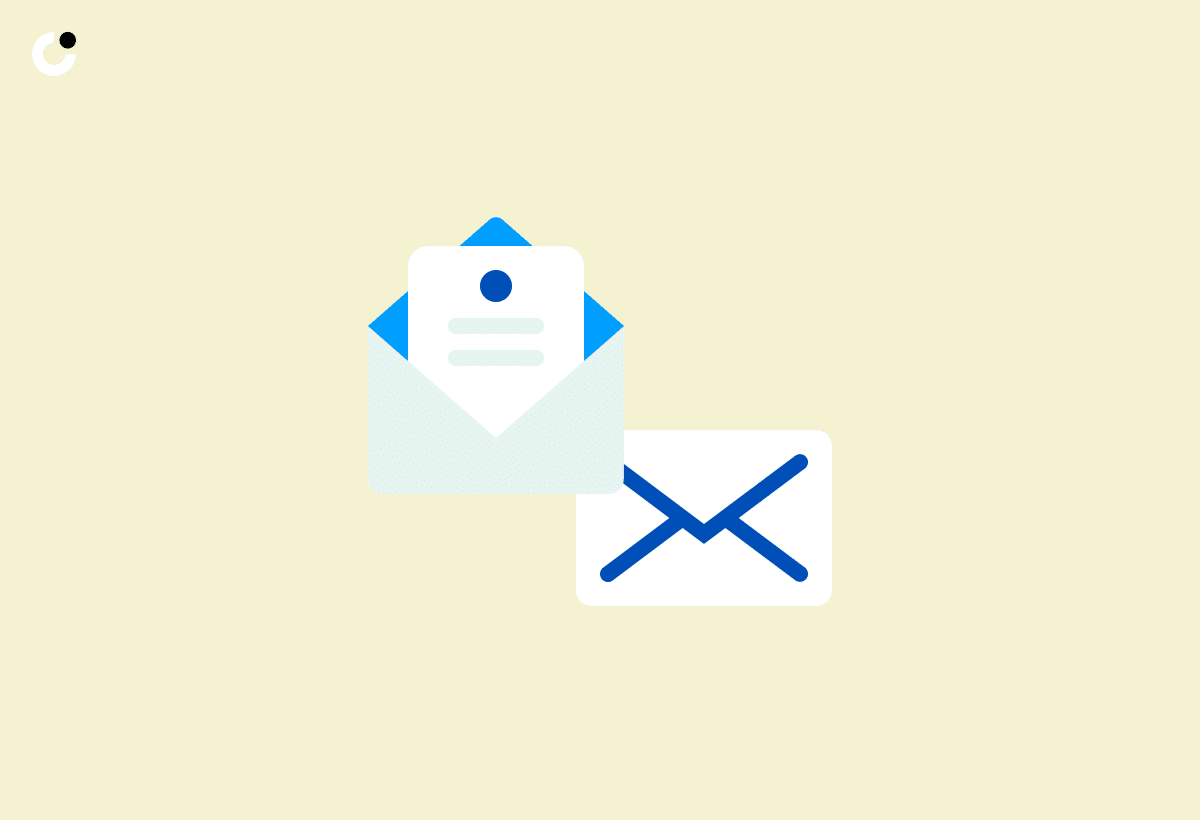
Cold email templates can be a valuable asset for startups, allowing you to expand your outreach efforts and optimize your time efficiency. By utilizing templates tailored to different purposes, such as engaging potential customers, collaborating with influencers, and securing investor interest, you can ensure consistency and effectiveness in your cold email campaigns.
This section discusses the crafting of cold email templates for various purposes and how to maximize their impact on your audience.
Engaging Potential Customers

To craft cold emails that engage potential customers and catch the attention of sales managers, follow these tips:
- Focus on highlighting the benefits of your product or service.
- Show your audience how your solution addresses their pain points and makes their lives better.
- Be persuasive, but not overly salesy.
- Ensure your call-to-action is clear and compelling.
Showcasing the value your startup provides captures the interest of potential customers and transforms them into loyal advocates for your brand.
Collaborating with Influencers

Reaching out to influencers with personalized messages that offer collaboration opportunities is key to expanding your brand’s reach and credibility. Here are some steps to follow when reaching out to influencers:
- Introduce yourself and your company.
- Explain why you believe the influencer would be a great fit for a collaboration.
- Highlight the mutual benefits of the partnership.
- Provide a clear call-to-action for the influencer to respond.
By following these steps, you can increase your chances of successfully collaborating with influencers.
Forging connections with influencers allows tapping into their audience and amplifying your startup’s visibility.
Securing Investor Interest
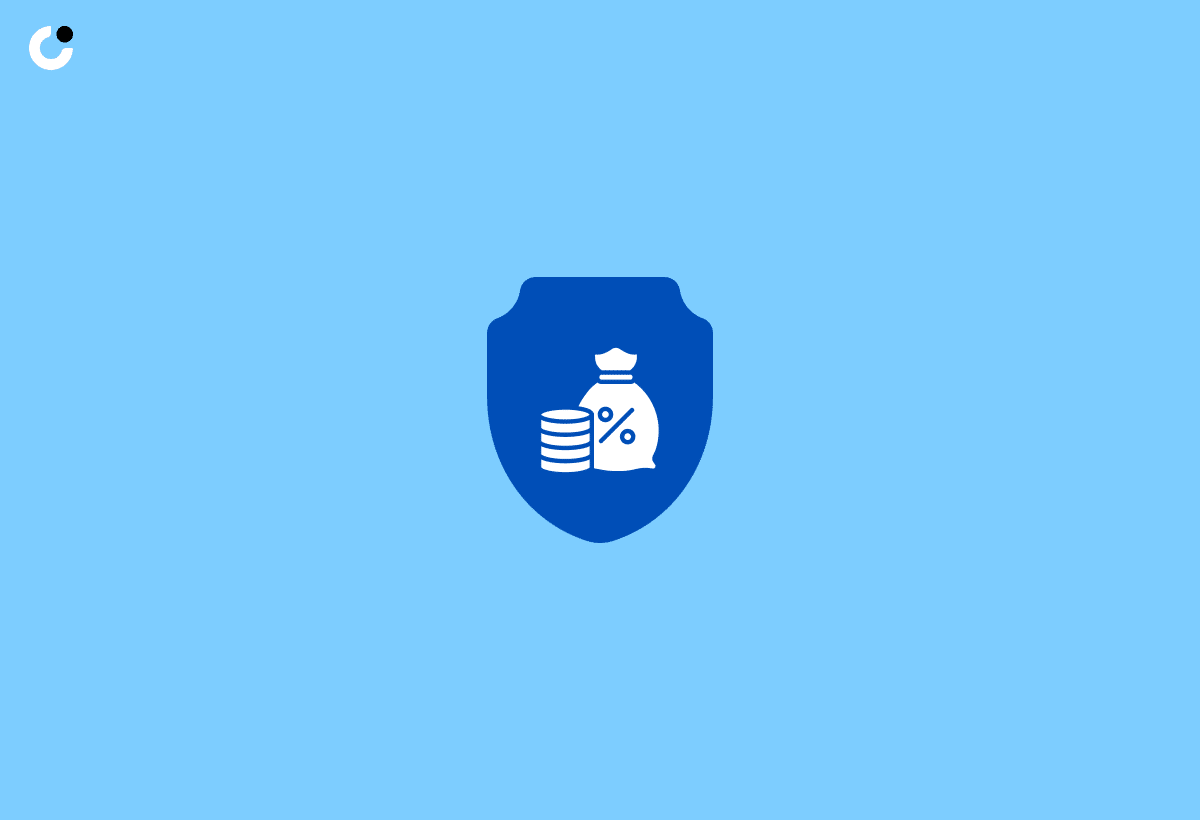
To create compelling cold emails that showcase your startup’s potential to investors, follow these steps:
- Focus on conveying your passion and commitment to the project.
- Provide a clear description of the problem your startup solves.
- Explain why your solution is superior to existing alternatives.
- Highlight your startup’s accomplishments, growth metrics, and social proof to build credibility and pique investor interest.
A well-crafted cold email can be the key to securing the funding your startup needs to thrive.
Tools and Resources for Cold Email Success

Leveraging the right tools and resources can make all the difference in the success of your cold email campaigns. From email finder tools to automation and analytics, these resources can save you time, improve deliverability, and enhance the personalization of your messages.
Let’s explore some of the best tools and resources available to help you maximize the impact of your cold email outreach.
Email Finder Tools
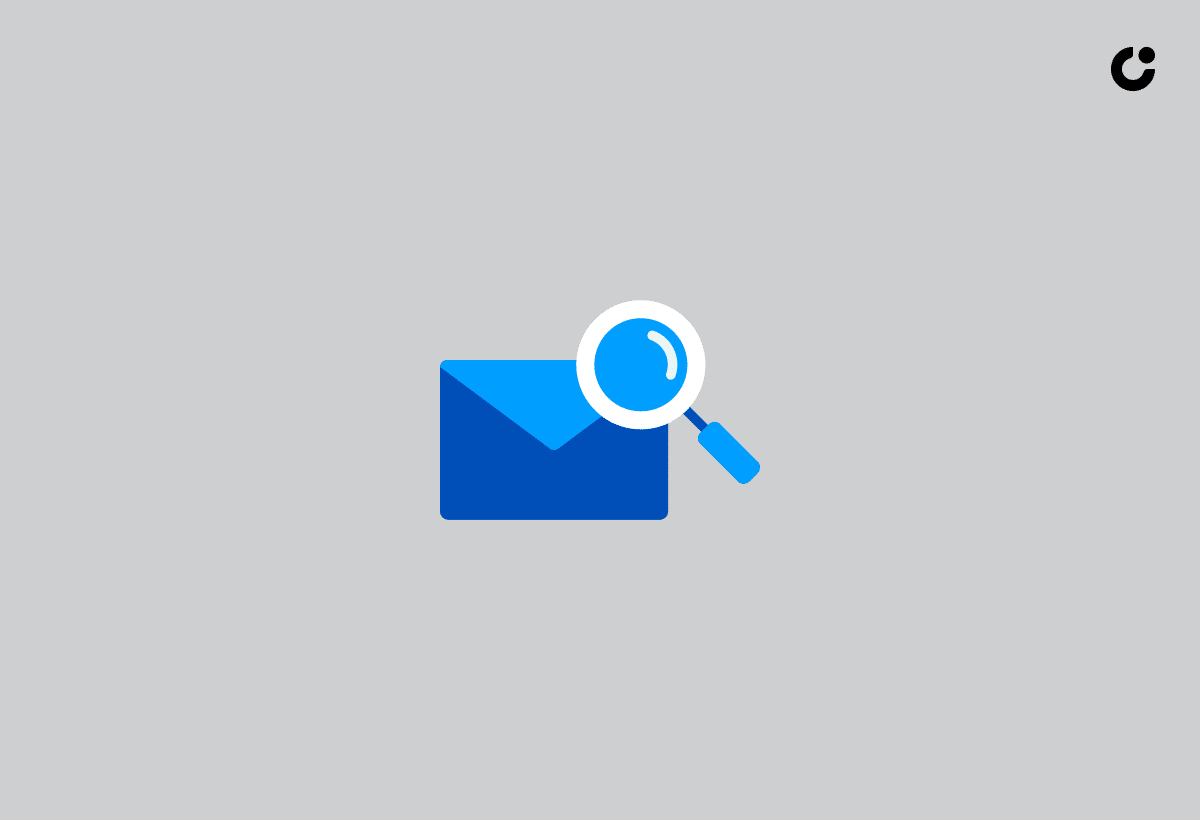
Accurate contact information is essential for successful cold email outreach. Email finder tools that can help you gather the contact details of your target audience include:
These tools offer benefits such as lead generation, improved deliverability, and scalability, enabling you to reach the right people with your cold emails and maximize their impact.
Cold Email Automation
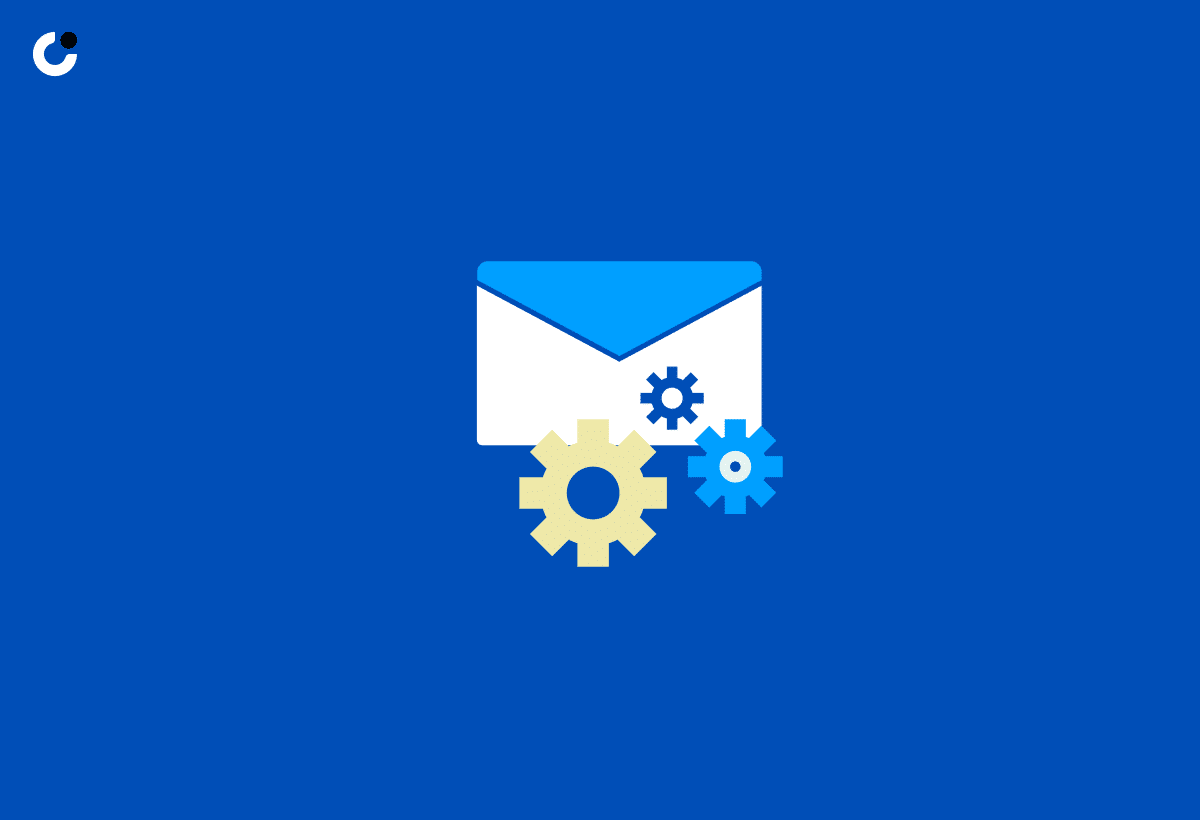
Cold email automation can streamline your outreach process and ensure consistent follow-ups. Some tools that offer personalization, analytics, and automation features for cold email campaigns include:
These tools can save you time and improve the effectiveness of your new cold email campaign.
By automating your cold email efforts, you can focus on growing your startup and nurturing relationships with your newfound leads.
Analytics and Tracking
Monitoring analytics and tracking data is crucial for optimizing your cold email strategy. Some tools that provide valuable insights and analytics for refining your approach and achieving better results include:
Keeping a close eye on open rates, response rates, and other key metrics allows for continuous improvement of your cold email campaigns and drives greater success for your startup.
Common Cold Email Mistakes to Avoid
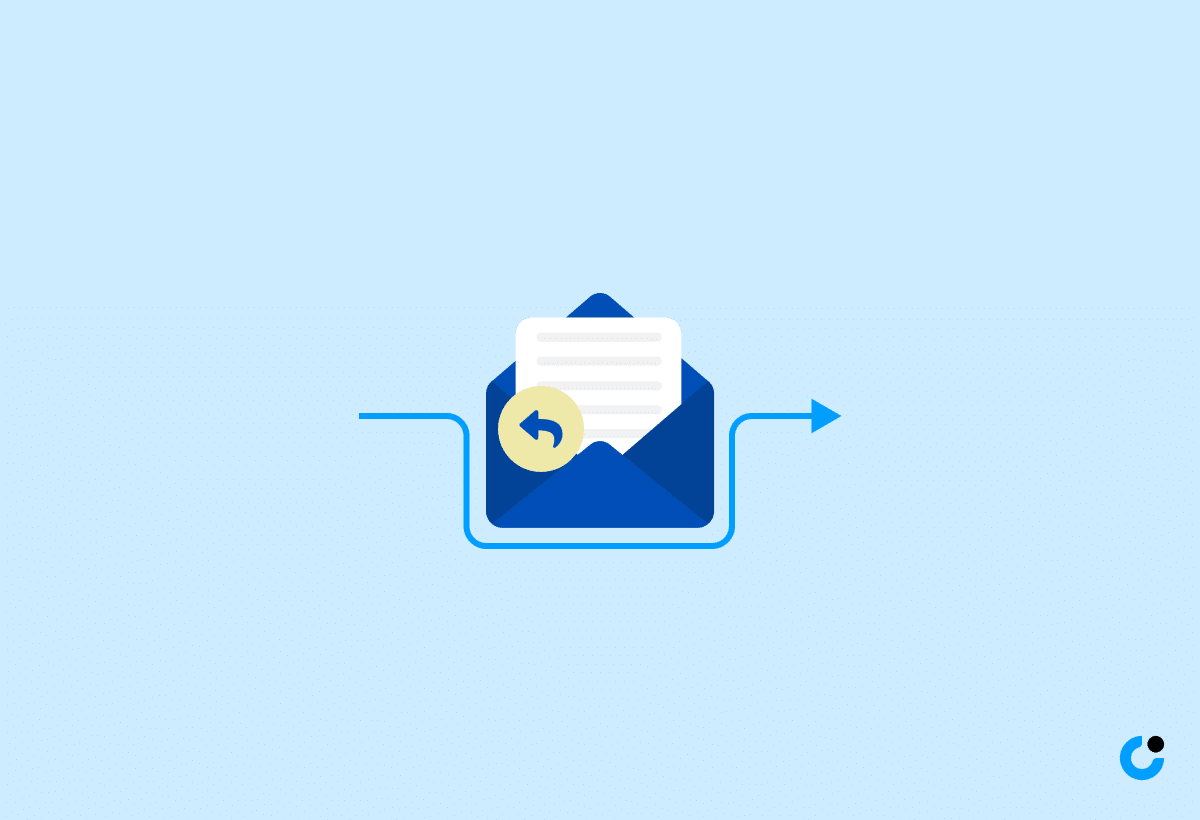
Even the most well-intentioned cold email campaigns can fall short if you’re not mindful of common mistakes. Overlooking regulations, ignoring follow-ups, and failing to test and optimize your cold email strategy can all hinder your success.
To ensure the effectiveness of your cold email efforts, let’s explore these common pitfalls and learn how to avoid them.
Overlooking Regulations
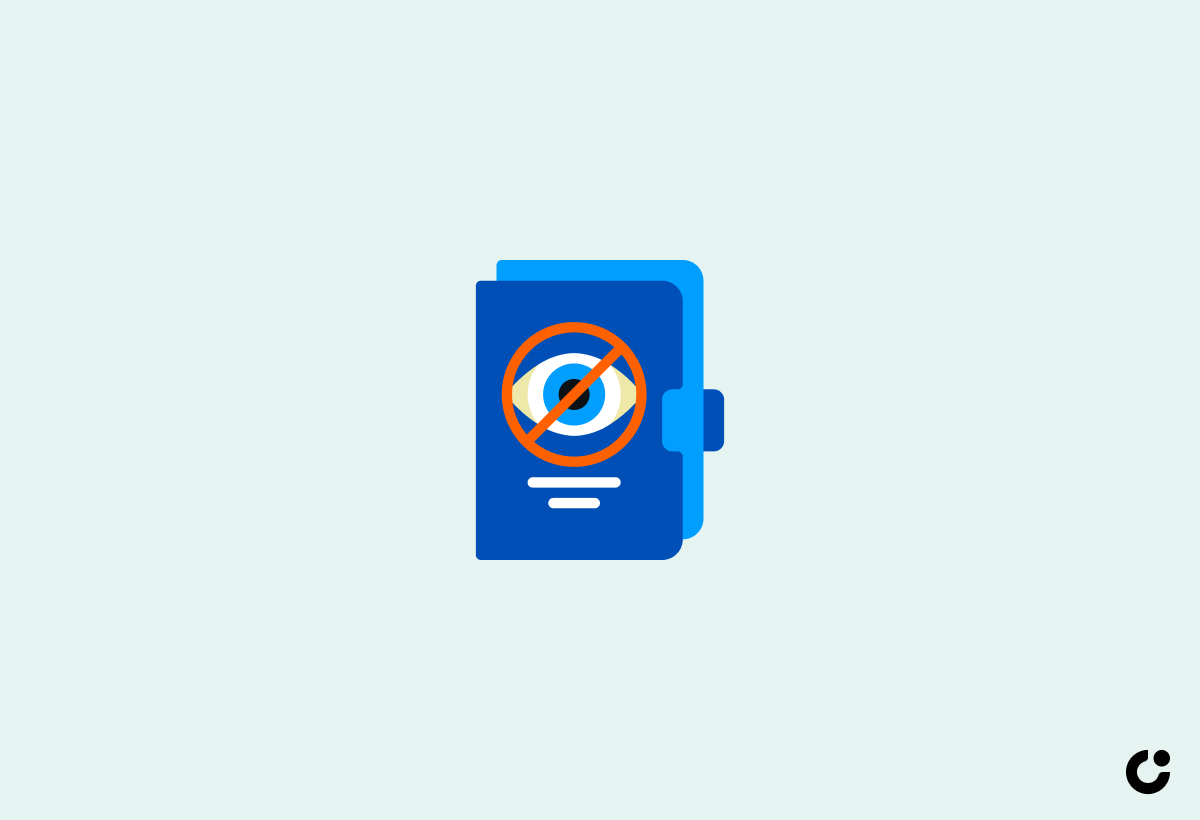
Complying with relevant regulations, such as the CAN-SPAM Act and GDPR, is crucial for avoiding penalties and legal ramifications. Be sure to accurately represent your company, provide an opt-out option, and promptly honor opt-out requests to stay within the bounds of the law.
Staying informed about email regulations and adhering to them safeguards your startup and ensures the success of your cold email campaigns.
Ignoring Follow-ups
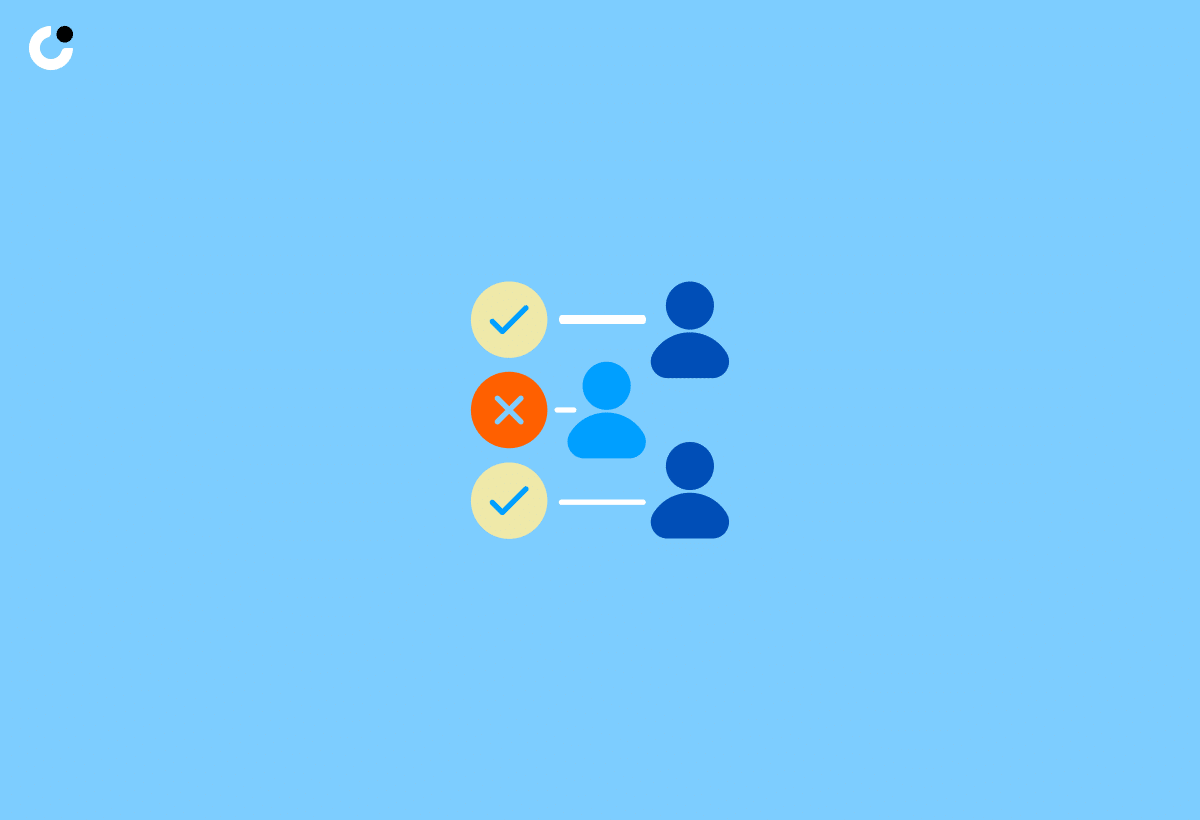
Follow-up emails are essential for nurturing relationships and securing conversions. Don’t let valuable leads slip through the cracks by neglecting to follow up after your initial contact. Wait two or three days before sending a follow-up email, and limit your follow-ups to 3-4 messages spaced out over an appropriate time period.
Remember, persistence pays off, and a well-timed follow-up can be the difference between securing a new client or losing them to a competitor.
Failing to Test and Optimize

Continuously testing and optimizing your cold email strategy is key to maximizing results. Employ A/B testing to compare different elements of your email, such as subject lines, email content, and calls-to-action. Tracking open and response rates enables data-driven decision making and refining of your approach for better outcomes.
Embrace the iterative process of testing and optimization to ensure your cold emails are always evolving and improving.
Summary
Cold emailing is a powerful tool for startups when executed effectively. By mastering the art of cold email strategy, personalization, and optimization, you can unlock the potential to generate leads, build relationships, and secure funding for your startup. Stay vigilant of common mistakes and make use of the best tools and resources available to maximize your cold email success. With persistence, creativity, and the right approach, your cold email efforts will propel your startup to new heights.
Frequently Asked Questions
Are cold emails illegal?
Cold emails are not illegal. Generally, they are considered to be good business practice when done correctly and within legal regulations.
Is it OK to cold email companies?
Cold emailing can be an effective tool to connect with potential employers, ask questions or seek advice. However, it's important to understand how to properly execute them in order to make the most of the opportunity.
Can you make money from cold emails?
Cold email marketing has the potential to be an effective and profitable way to reach your audience, as long as you have the right skills and strategy. Taking the time to develop a strong message and targeting the right people can go a long way in driving sales through cold emails.
How do I cold email startups for an internship?
Express your passion for the startup and industry, as well as research you've done on the company. Include a personalized introduction, an expression of genuine interest, an outline of your relevant skills and value, a request for an opportunity, a professional signoff, and a call to action in your cold email.
What is the average response rate for cold email campaigns?
On average, response rates for cold email campaigns can range from 1-8.5%, depending on the quality of the list, relevance of the message and effectiveness of the copy.

